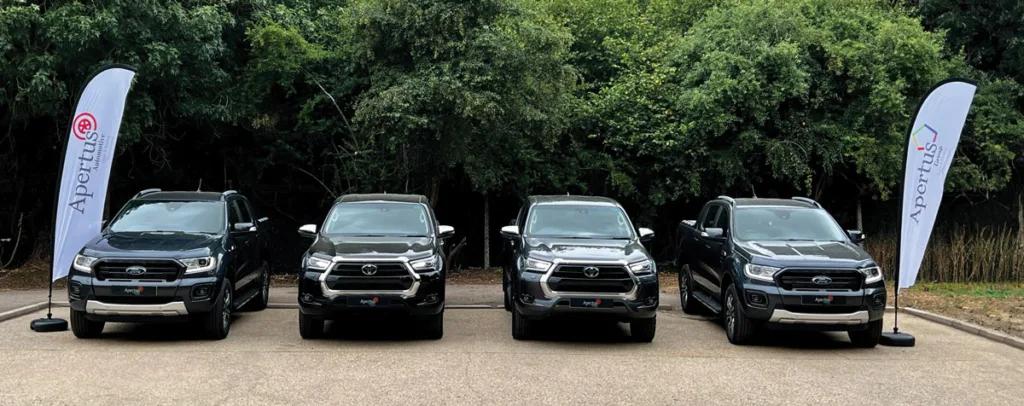Brakes applied to new government charges
We were sitting having a coffee at Wendover Woods having a catch up. Some of our clients started as friends. Tom falls into this category. He started life as a friend of my better half at university. He now owns a top-level architecture company and we have grown alongside them over the years.
We have a meeting every quarter, to discuss both sides, projects we can work on and future business ideas. They help us navigate the world of building and we the world of utilities. These collaborations are at the heart of what we do at Apertus Group. With the decision I made at the start of the business, to be different from the existing brokers in the industry, we work without buying data, without calling unsuspecting business owners and managers to push them into contracts over the phone, we do more miles than phone calls a year for sure!
While the kids were trying to put the climbers off at Go Ape, we got to talking about the perils facing the industry and, for once, I could join in. I mean yes, we look after builders’ contracts on new meter installs, the meter installs themselves, EV chargers, PV products and Energy, all of which had been used in the past but this time we were talking about Apertus Automotive.
Tom wanted my opinion on the government’s new stance on changing the tax on double cab truc ks.
On the February 12 this year, HMRC changed its guidance in the tax treatment of double cab pickups (DCPUs). As of July 1, 2024, any DCPUs with a payload over one tonne would be treated as cars rather than commercial vehicles. Now we all know someone who drives a pickup for the looks, and we judge them silently. We also all know someone who drives one for the tax breaks… and of course, we all judge them… but what about the people that use them as commercial vehicles?
The government has since ‘listened’ to the views of the motor industry and farmers on the impact this will have on business and the question was asked if this is decision consistent with the government’s wider aims to support business. Well, no, it’s not!

So, one week later, yes one week, they have decided that these vehicles should be a commercial vehicle and treated as goods vehicles for tax purposes.
Still, it does raise the question about the use of these vehicles, and can the government ever get the classification correct?
Until they do, we still have third party clients that deliver chargers to site, gear for meters and tow cars for us, all using these absolute stalwarts of the motor industry.
So, back to Tom… someone who visits building sites multiple times per project, someone who needs to carry stock items and do mileage but not to the level of needing a van, well this is great news… for now. We don’t feel that the government are just going to leave this, they will look to identify people using these for tax reasons, but identifying them seems to be harder than declining a cheese and wine event at Parliament.
A couple of things to consider, going forward, when you are looking at a pickup for your new starter in the trades: firstly, your pickup needs to have a payload of over one tonne, this applies to DCPUs, when you check the payload make sure you check the model you are going for. The Ford Ranger



